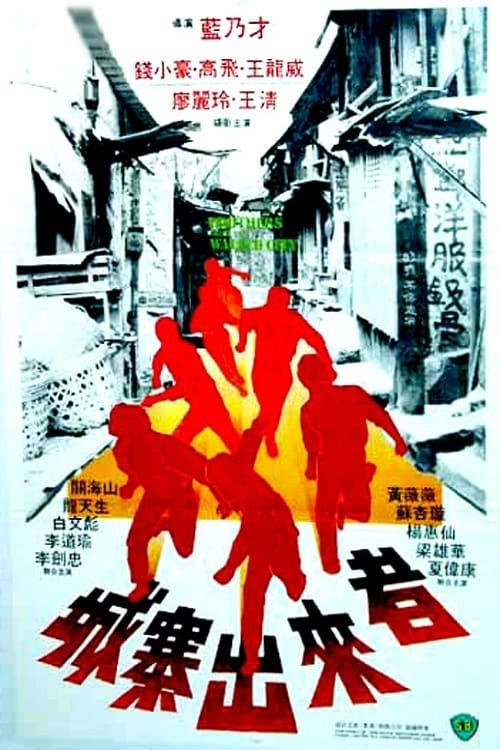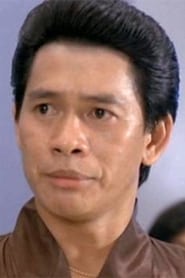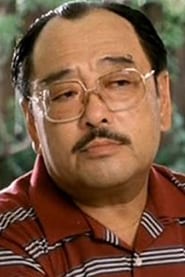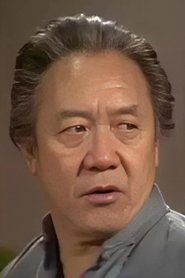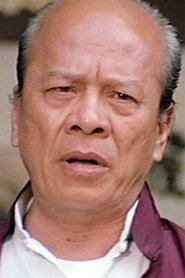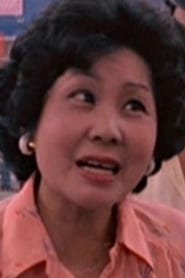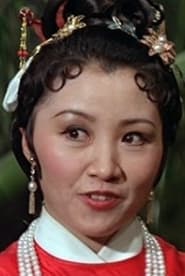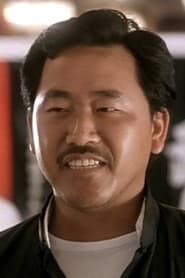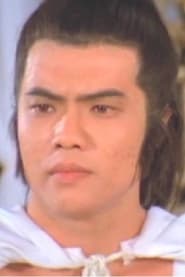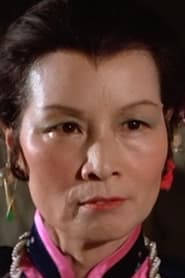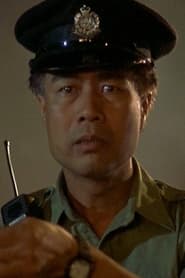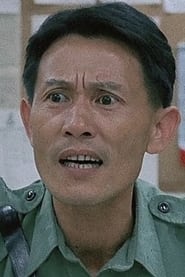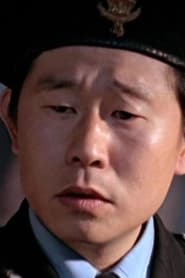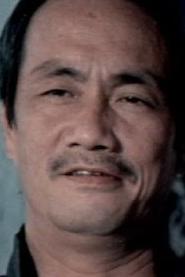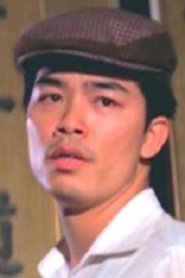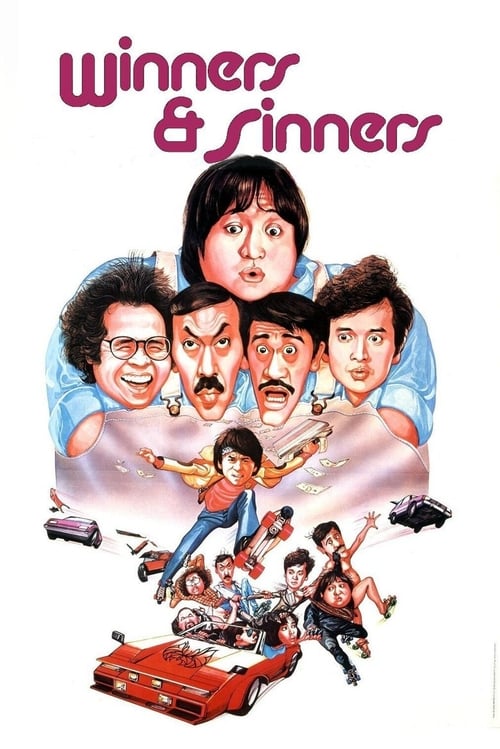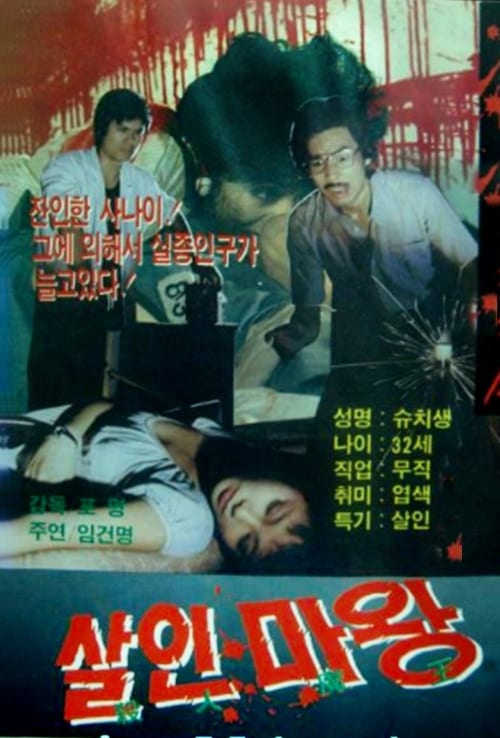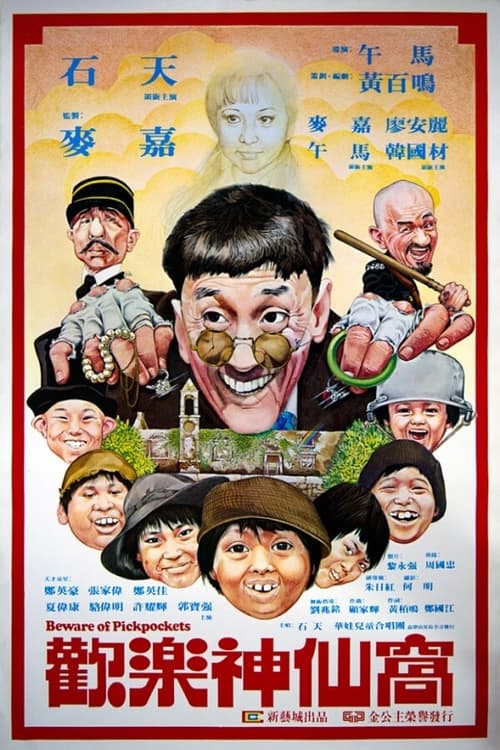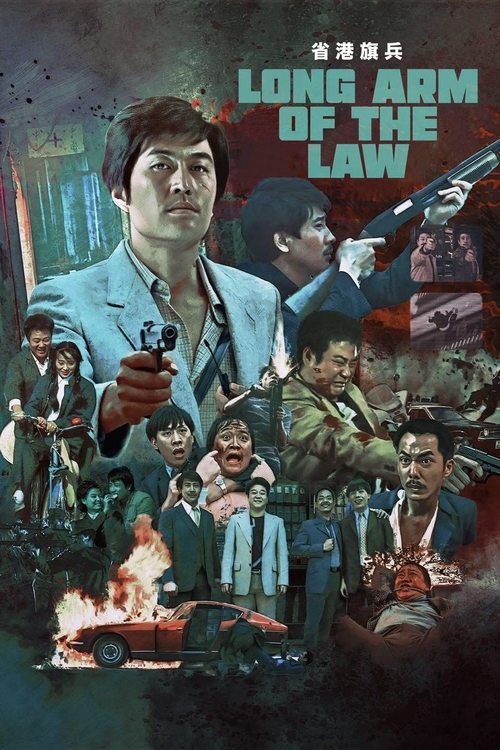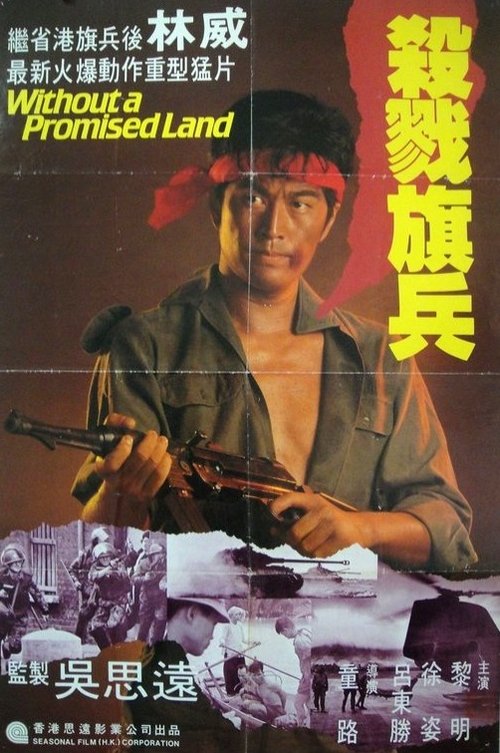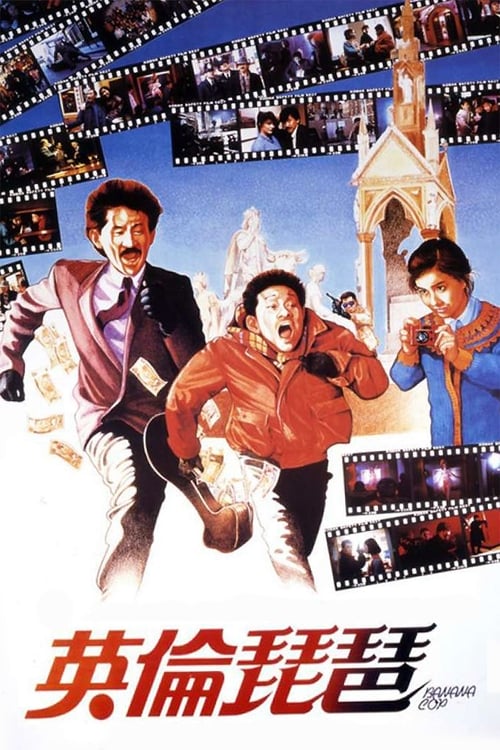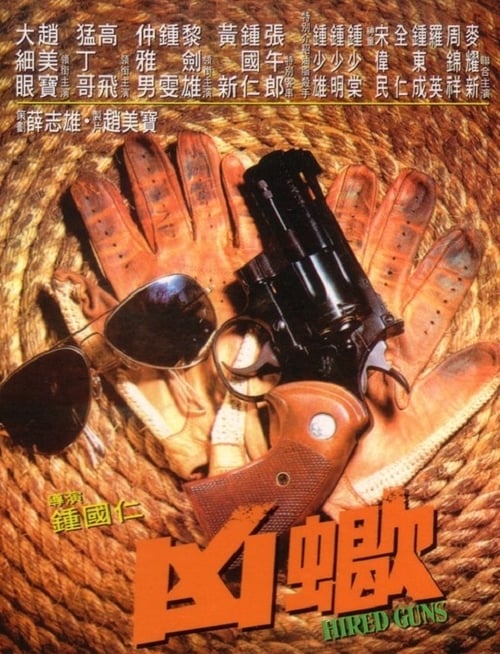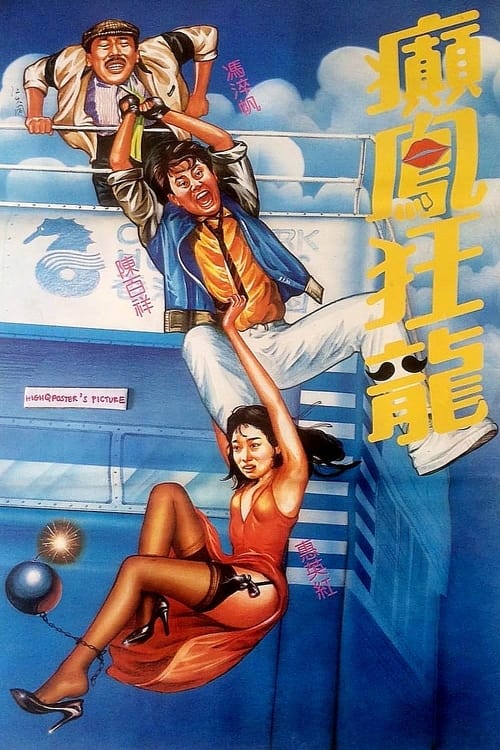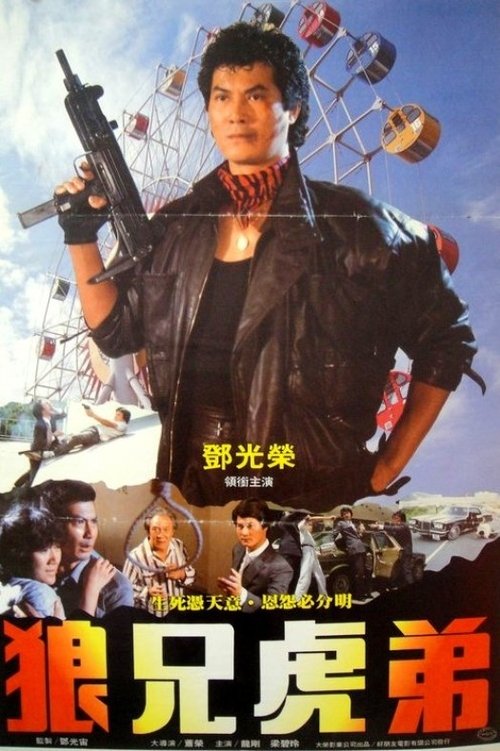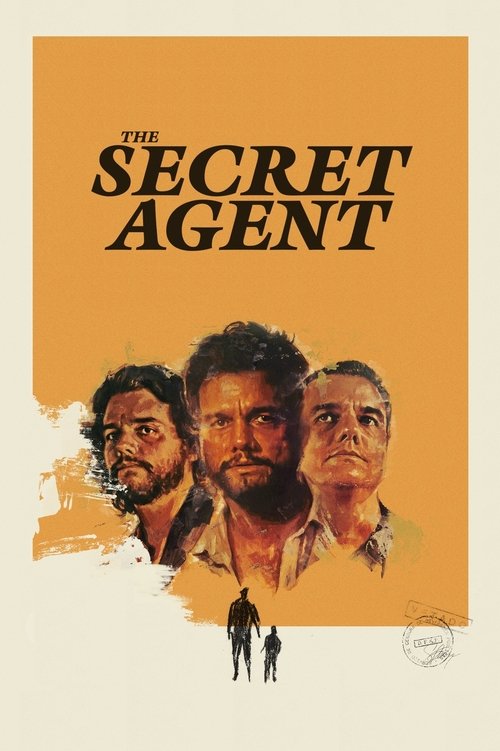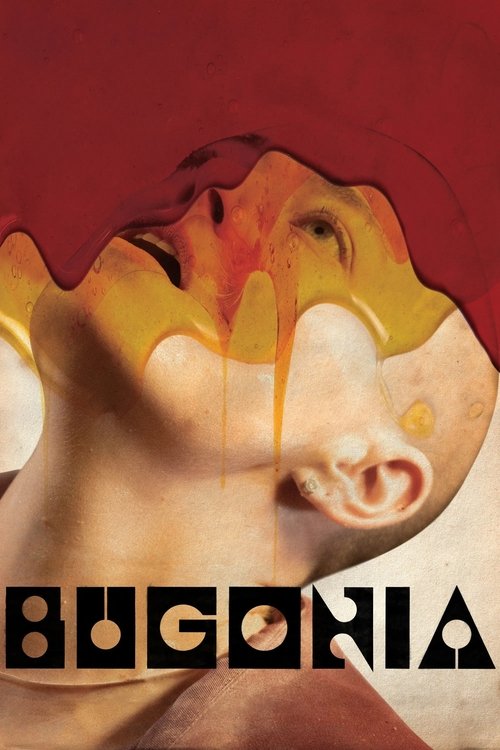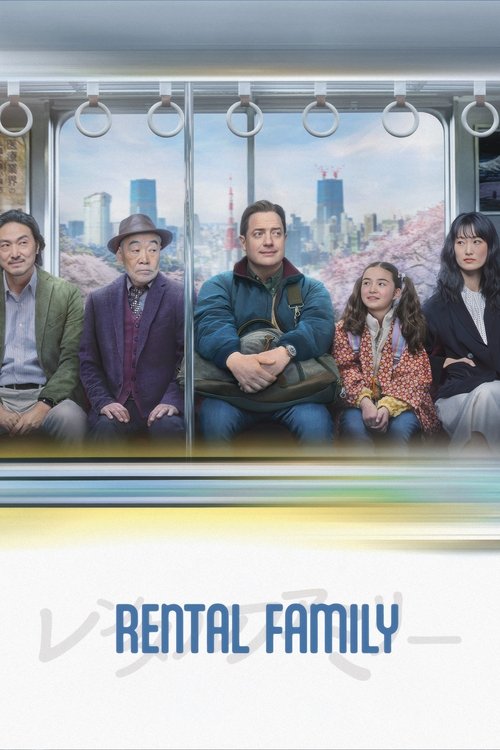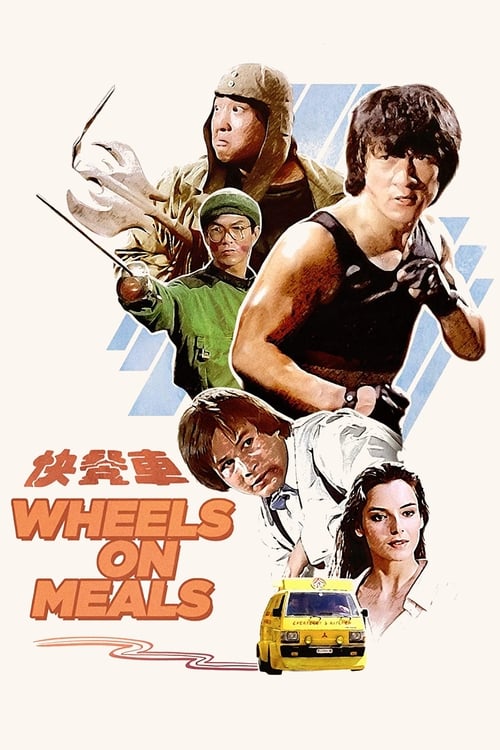
Ask Your Own Question
What is the plot?
In the grim labyrinth of Hong Kong's Kowloon Walled City during the early 1980s, life is a ceaseless struggle against the shadows of crime and despair. The film opens amid the claustrophobic alleys and crumbling structures of this lawless enclave, where the air is thick with tension and the threat of violence is omnipresent. Here, Chen Yuan Lung, a respected yet feared gambling boss, exerts his iron will over the Walled City and his own family. His two sons, Da De (also known as Chia Chin) and Xiao De (Chia Kang), live under his strict, often brutal discipline. Chen's authoritarian parenting is marked by frequent physical punishments, a harsh attempt to keep his sons in line within the unforgiving environment they inhabit.
Da De, the elder son, carries a quiet responsibility. He is cautious and tries to avoid the pitfalls of the Walled City's criminal underworld, often acting as a mediator between his reckless younger brother and their father. In contrast, Xiao De is impulsive and rebellious, drawn to petty delinquency and dangerous pranks with his schoolmates. His girlfriend, Mei Ling, is part of this unruly group and shares his precarious existence, though she grows increasingly anxious about their future.
Chen Yuan Lung's closest ally, Ninth Uncle--known as Chiptooth--serves as a guardian figure to the boys, offering advice and protection. Meanwhile, the oppressive presence of Officer Cheung, a corrupt and violent policeman, looms over the Walled City. Cheung maintains order not through justice but through brutality, intimidating both criminals and innocent residents alike.
The fragile balance of this volatile world shatters abruptly when Chen Yuan Lung is stabbed to death by a junkie in a sudden, brutal attack. His murder is a seismic event, leaving Da De and Xiao De orphaned and thrust into the custody of Ninth Uncle. The loss of their father strips them of their protector and plunges them deeper into the dangers of the Walled City.
Da De attempts to carve out a path away from crime by taking a job managing a hostess bar. This venue symbolizes his struggle to maintain some semblance of an honest life amid the pervasive corruption and violence. Yet, even here, he cannot escape the shadows that cling to the Walled City's underbelly. The hostess bar is a place of fleeting pleasures and hidden threats, where Da De faces constant pressure from the criminal elements that still surround him.
Meanwhile, Xiao De's descent accelerates. His reckless behavior with his gang leads to a violent confrontation with Brother Ching, a local thug who commands his own gang. The initial clash erupts from a dangerous prank gone wrong, escalating into a brutal street fight. Though Brother Ching survives, the encounter marks a turning point for Xiao De, pulling him deeper into the criminal world he once only skirted. His girlfriend Mei Ling's revelation that she is pregnant adds a desperate urgency to his choices, pushing him to take greater risks to secure their future.
Officer Cheung's presence intensifies the tension. His violent enforcement tactics exacerbate the chaos, blurring the lines between law and lawlessness. Cheung's brutality is not just a background menace but an active force that fuels the cycle of violence engulfing the Walled City.
As the story unfolds, the brothers confront the harsh legacy left by their father. They discover that Chen Yuan Lung's influence extended far beyond his gambling den, entangling them in a web of criminal alliances and vendettas. The death of their father has left a power vacuum, exposing them to threats from rival gangs and corrupt officials alike.
The narrative builds relentlessly toward a climactic confrontation deep within the Walled City's maze-like alleys. Da De and Xiao De, once united by blood and circumstance, find their paths diverging sharply. Da De's efforts to maintain order and legitimacy clash with Xiao De's increasingly reckless and violent behavior. Their friends and enemies converge in a chaotic showdown, where loyalties are tested and survival hangs by a thread.
In the final, harrowing sequence, violence erupts in full force. The brothers face off against the criminal factions vying for control, with Officer Cheung's brutal tactics adding to the carnage. The film spares no detail in depicting the bloodshed: every death is a stark reminder of the Walled City's merciless nature. Chen Yuan Lung's murder by the junkie sets the tragic tone, but subsequent deaths during the climax--though not all individually named in the sources--underscore the high cost of power and rebellion in this unforgiving environment.
The film's conclusion is bleak and unresolved. The brothers' fates remain ambiguous, mirroring the nihilism that permeates the Walled City itself. The final scenes linger on the desolation of the place and the futility of trying to escape its grip. Da De and Xiao De, emblematic of the city's lost youth, are left to grapple with the consequences of their choices amid the ruins of their family and community.
"Brothers from the Walled City" closes not with redemption or victory but with a stark meditation on violence, loyalty, and survival in one of Hong Kong's most notorious slums. The story's raw emotional moments--the father's harsh discipline, Mei Ling's desperate confession, the brothers' fractured bond--are etched vividly against the backdrop of a city where hope is scarce and danger is constant. The film's final image is a haunting reminder that in the Walled City, the line between brotherhood and betrayal, life and death, is perilously thin.
What is the ending?
In the ending of "Brothers from the Walled City," the story culminates in a dramatic confrontation that leads to the resolution of the central conflicts among the characters. The brothers, who have been embroiled in a struggle for power and survival, face the consequences of their choices. The film concludes with a sense of loss and reflection on the bonds of brotherhood, as well as the harsh realities of their environment.
As the final scenes unfold, the tension escalates. The brothers, having navigated a treacherous landscape of loyalty and betrayal, find themselves at a crossroads. The eldest brother, who has been a guiding force, faces a critical decision that will determine the fate of the family. His internal struggle is palpable, as he weighs the importance of family against the harsh demands of their world.
In a climactic confrontation, the brothers come face to face with their adversaries. The atmosphere is thick with tension, and the stakes are higher than ever. Each brother's motivations are laid bare, revealing their fears, desires, and the weight of their shared history. The eldest brother's resolve is tested as he fights not only for survival but for the very essence of their brotherhood.
As the dust settles, the consequences of their actions become clear. One brother is gravely injured, symbolizing the physical and emotional toll of their struggles. The eldest brother, having made sacrifices, emerges with a heavy heart, burdened by the losses they have endured. The film closes on a somber note, with the surviving brothers reflecting on their journey, the bonds that have been both strengthened and strained, and the uncertain future that lies ahead.
In the end, the fate of each main character is intertwined with the themes of loyalty, sacrifice, and the harsh realities of life in the Walled City. The brothers are left to grapple with their choices, the weight of their legacy, and the enduring ties of family that bind them, even in the face of adversity.
Is there a post-credit scene?
The movie "Brothers from the Walled City," produced in 1982, does not feature a post-credit scene. The film concludes its narrative without any additional scenes or content after the credits roll. The story wraps up with the resolution of the main plot, focusing on the themes of brotherhood, loyalty, and the struggles faced by the characters within the confines of the walled city. The ending leaves a lasting emotional impact, emphasizing the bonds formed amidst adversity, but there are no further scenes to extend the story beyond the credits.
What are the main conflicts faced by the brothers in the Walled City?
The brothers, caught in the chaotic environment of the Walled City, face numerous conflicts including their struggle for survival amidst gang violence, the pressure of familial loyalty, and the moral dilemmas that arise from their choices. Each brother represents different responses to these pressures, leading to tension and conflict between them.
How does the setting of the Walled City influence the characters' decisions?
The Walled City, with its dense population and lawlessness, creates a sense of desperation and urgency for the characters. The brothers are constantly navigating the dangers of their environment, which influences their decisions, pushing them towards crime or survival tactics that reflect their internal struggles and desires.
What role does family loyalty play in the brothers' relationship?
Family loyalty is a central theme that drives the brothers' actions and decisions. Despite their differing paths, they are bound by a deep sense of obligation to protect one another, which leads to moments of sacrifice and conflict as they grapple with their individual ambitions versus their loyalty to each other.
How do the brothers' personalities differ and affect their interactions?
Each brother has a distinct personality that shapes their interactions: one may be more aggressive and impulsive, while another is more contemplative and cautious. These differences lead to clashes in their approaches to problems, highlighting their internal struggles and the complexity of their relationship.
What pivotal moments lead to the brothers' ultimate decisions?
Key moments, such as encounters with rival gangs, personal losses, and moral dilemmas, serve as turning points for the brothers. These experiences force them to confront their values and the consequences of their choices, ultimately leading to significant decisions that define their fates.
Is this family friendly?
"Brothers from the Walled City," produced in 1982, is a film that delves into the lives of two brothers navigating the complexities of life in a gritty urban environment. While the film offers a rich narrative, it does contain several elements that may be considered objectionable or upsetting for children or sensitive viewers.
-
Violence and Crime: The film portrays gang conflicts and street violence, which may be intense and unsettling for younger audiences. Scenes of physical altercations and the consequences of crime are depicted realistically.
-
Themes of Poverty and Desperation: The harsh realities of life in a walled city are explored, showcasing the struggles of the characters. This can evoke feelings of sadness and discomfort as it highlights social issues.
-
Emotional Turmoil: The characters experience significant emotional distress, including betrayal, loss, and familial conflict. These themes may be heavy for younger viewers to process.
-
Substance Abuse: There are references to drug use and its impact on individuals and families, which may be inappropriate for children.
-
Mature Language: The dialogue includes strong language and adult themes that may not be suitable for a younger audience.
Overall, while the film is rich in storytelling and character development, its mature themes and depictions of violence and emotional struggles may not be family-friendly. Viewer discretion is advised.

